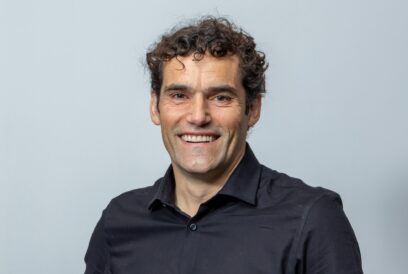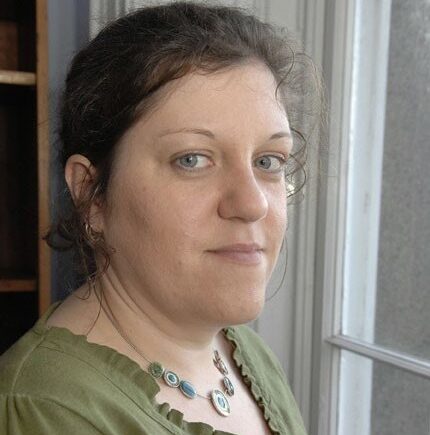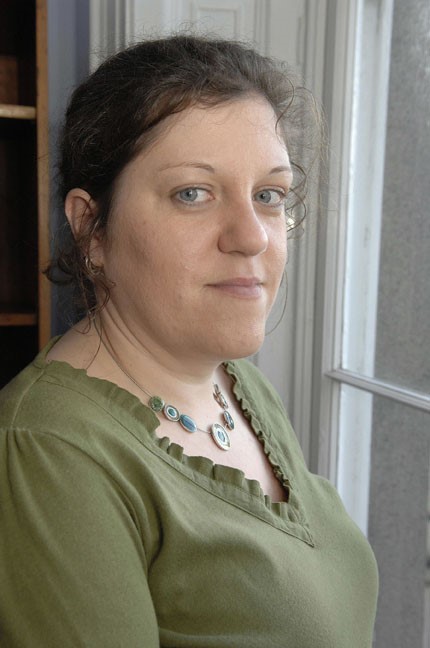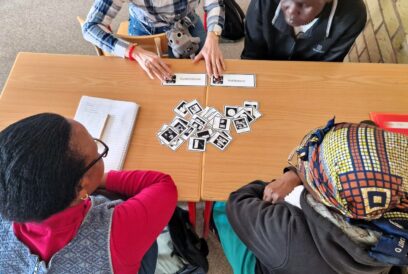

“We all need stronger health literacy skills so we can be informed, build resilience and be a more equal society," Helen Ryan says.
Making health literacy everyone’s business: How Ireland got adult and health literacy on the government agenda
Published:“We all need stronger health literacy skills so we can be informed, build resilience and be a more equal society," Helen Ryan says.
Helen Ryan, in her column, tells how a crucial strategy by the new government played a vital role in prioritising health literacy on the national agenda in Ireland. According to her, the most successful way to promote health literacy issues among health professionals was by telling about people’s lived experience. Data and statistics were important, but it was the human stories that resonated the most.
In 2019, nearly 30% of Irish adults had limited health literacy skills (European Health Literacy Survey). Many struggled with finding and evaluating information on health, some struggled with working out medication and using digital health services. Also, low health literacy skills were linked to poorer health and wellbeing as well as to higher use of certain health services. Initial results of the European Health Literacy survey were shared on a webinar in September 2022 https://youtu.be/zuu5DwX_5Do and the report is to be published in spring 2024.
A significant gamechanger was marked in July 2023, when health was identified as one of the five lead areas in the Adult Literacy for Life strategy by the new government, and the work began. The government had committed to develop a 10-year strategy for adult literacy, numeracy and digital literacy skills within its first year in 2020.
Low health literacy skills were linked to poorer health and to higher use of certain health services.
How was this breakthrough achieved? For over twenty years, the main organisation working on health literacy had been the National Adult Literacy Agency (NALA). The agency also worked together with the Department of Health and eight other government departments.
However, while the adult literacy issue was noted, there was no strategic approach. To change this, NALA highlighted health literacy as a key area for the government’s strategies and started lobbying elected representatives and political parties on adult literacy needs. Finally, NALA proposed the need for a whole-of-government strategy.
People matter the most
The most successful way to promote health literacy agenda among health professionals and among the public was through telling about people’s lived experience of using health services. Data and statistics were important, but the stories mattered the most.
Raising awareness using lived experience helped to empower people to ask questions to the health services and professionals as well as informed the providers of health services on how to become more literacy friendly. For NALA staff, hearing people’s stories helped to focus and motivate to seek a strategic response from government.
You also need people who believe in and will champion the issue.
All in all, the Adult Literacy for Life strategy was needed to elevate and prioritise the adult literacy issue in the government, departments and the further education and training sector. However, you also need people who believe in and will champion the issue. Where we have this, we can see quicker movement and stronger commitment.
For the first time ever, we have a health lead to work with policy makers, health services, the community and the public to coordinate health literacy responses and initiatives. We live in a world with growing focus on health and wellbeing and changing services – we all need stronger health literacy skills so we can be informed, build resilience and be a more equal society.
This column was written by Helen Ryan, who works as Health Lead, Adult Literacy for Life Programme Office. These are her personal reflections.
December 2023
Author







